What Is Superconducting Levitation and Quantum Locking and How Does it Work?
Ever wondered how Quantum levitation is possible? It’s all due to superconducting materials! These materials have special properties that allow them to conduct electricity without any resistance. When a magnet is placed near a superconducting material, the superconductor does two things at the same time – expel some of the magnetic field from its body (Meissner effect) and pin some of the field inside (flux pinning). This creates two effects:
- Magnetic repulsion – the superconductor “becomes” an opposite magnet and feels a repulsion force.
- Quantum Locking – locking of the superconductor in the surrounding magnetic field, preventing the pinned magnetic flux lines from moving inside the material.
How Does Superconducting Levitation or Quantum Levitation Work?
Superconducting levitation requires two conditions to be met for it to happen. First, the material itself must be cooled to temperatures well below room temperatures (around -163°C / -261°F). This is because all the superconductors we know of today, become superconductive only at low temperatures. Second, a powerful magnet must be placed near the superconductor. Initially, the magnet causes electron pairs (Cooper pairs) within the material to start moving, and produce a magnetic field opposite to the external one, and as a result create a magnetic repulsion. This is called the Meissner effect.
If the magnetic field is strong enough and the superconductor is of the right type (called Type II), the field will overcome the Meissner expulsion and penetrate the body of the superconductor. The magnetic field will enter the body in the form of discrete magnetic tubes or fluxons. The fluxons may get stuck in pinning centers – areas where superconductivity is relatively weaker, such as defects, grain boundaries, etc. This effect is called Flux Pinning. Any movement of the fluxons outside the pinning centers will cause the energy of the system to increase and will thus be followed by a force that tries to cancel it. This is similar to a ball at the bottom of a bowl where any movement of the ball will increase its potential energy and will thus be encountered with a returning force towards the center.
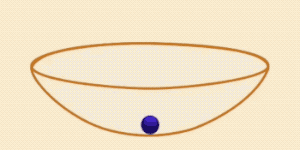

About this kit
This ‘Superconductivity kit’ was developed as an entry level rig for students to explore Superconductor, Quantum Levitation and Quantum Locking. The kit includes more than 10 unique experiments:
- The Meissner effect
- Flux pinning (Quantum Locking)
- Superconducting currents
- Friction-less motion
- Maglev track
More information can be found:
- SUPERCONDUCTOR HOVERBOARD SCIENCE FAIR PROJECT
- WHAT IS SUPERCONDUCTING LEVITATION AND HOW DOES IT WORK?

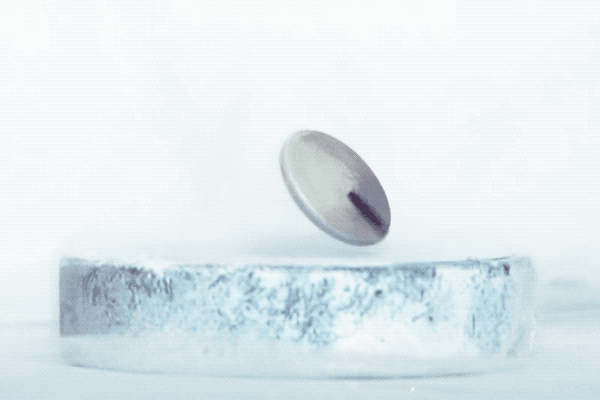

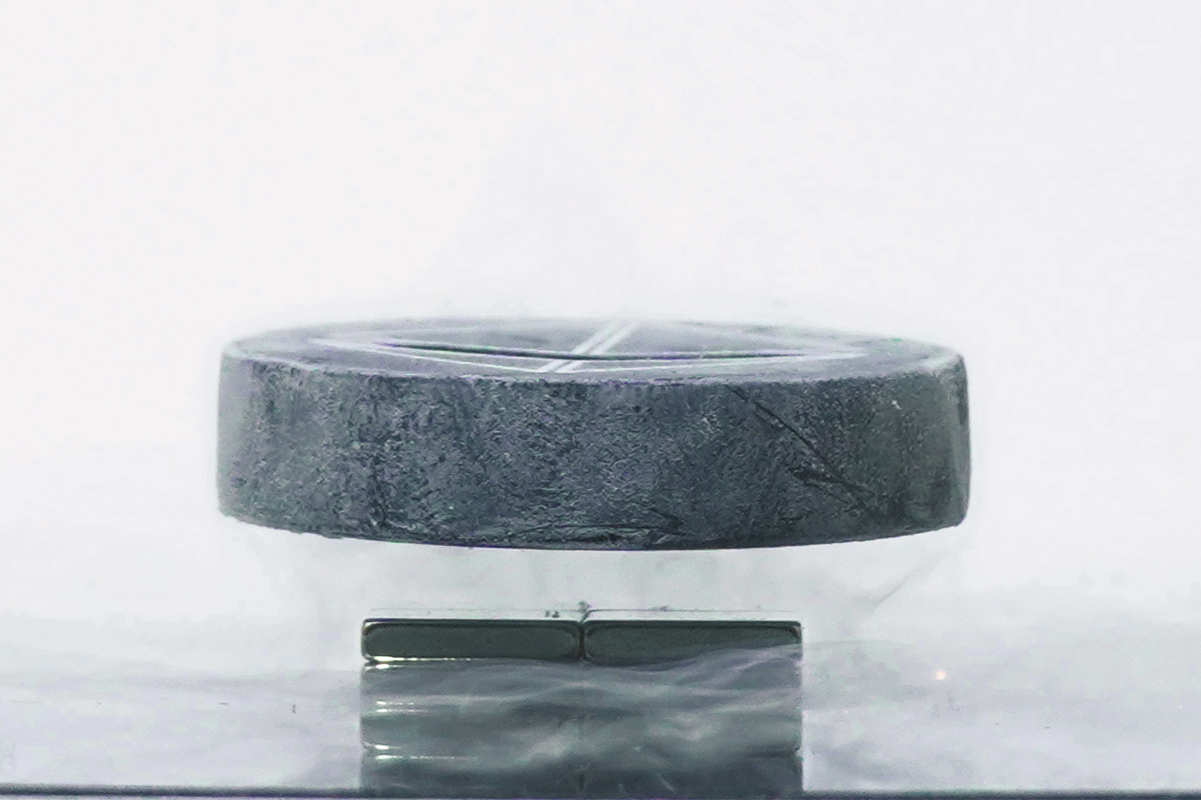

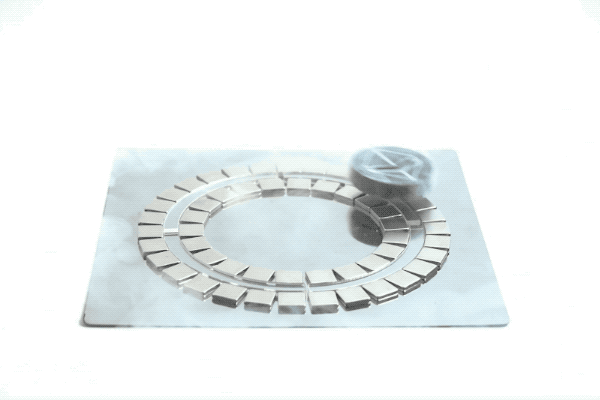


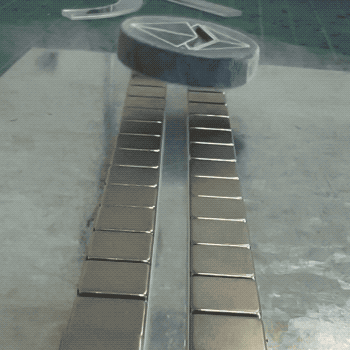


Reviews
There are no reviews yet.